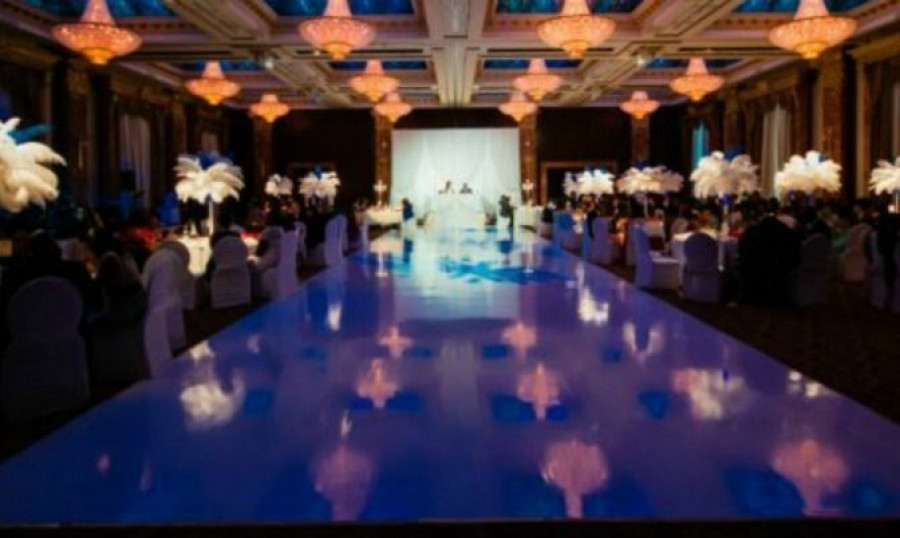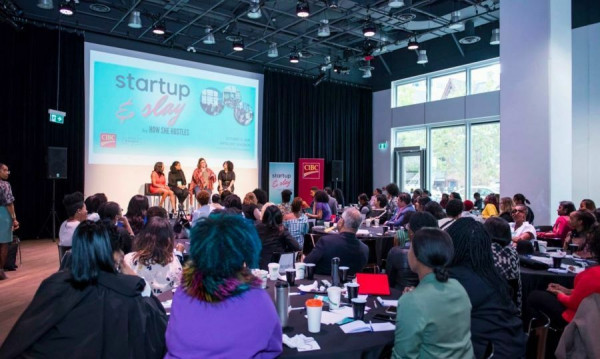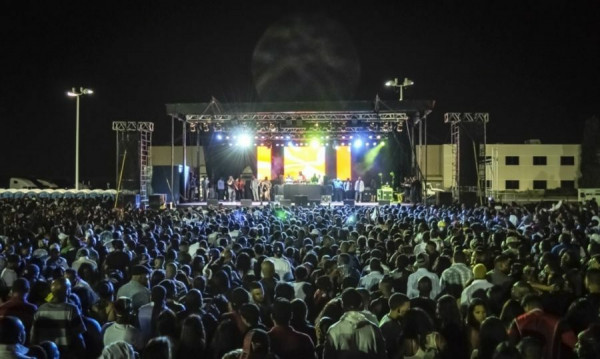The event planning industry has grown tremendously over the years. Gone are the days when “Aunty Sue” would plan the birthday party, the family gathering and her daughter’s wedding. Now, we have “Event Managers”, “Wedding Planners”, “Project Manager”, “Meeting Specialist” and the list goes on and on. There are important elements in planning a successful event that all event planners including “Aunty Sue” use. Below are 3 key points to be considered.
Focus of the Event
You need to make sure that the objective of the event is the basis of you organizing it. If it is a birthday party, a wedding or corporate social event, you will need to ensure that everything is focused on that type of function. You wouldn’t want to have a wedding cake at a corporate event right?
You will also need to know, who the event is being planned for; is it an individual or a group of people; are they clients or stakeholders; maybe it’s a party for employees or even just friends. With that in mind, you will know who to focus on and what their needs are for the event.
The goals that you may set for your event can vary. You may have a goal to have a set amount of people at your event; or you may want to raise funds for a cause; you may have a goal to create something unique or even break a world record of some sort. Whatever the goal is, this will help you make the decision on the venue, the food and beverages, the entertainment and the budget.
Structure is key and having a team will make it stand.
Having the right people on your team is important. You need individuals that are responsible, capable, productive, respectful and able to work in a timely manner. A team of workers can either break or make your event successful. Each event that you plan will have certain deadlines to be met and require tasks to be completed. If anyone on your team fails to finish their responsibility or does not do it on time, then this can cause a major delay in getting things done or may result in not happening at the level of professionalism that you want it to be done.
Every member of the team is important and should be respected and they also should be respectful. A team that works well together makes for a strong and productive structure. This will allow communication to flow smoothly and as a result of that, everyone involved and the attendees will see the benefits of a great team.
Venue! Venue! Venue!
You may have heard the saying “Location! Location! Location! Is everything” and this is true for any successful event as well. When selecting a venue you need to consider the functionality of the facility, your guests, the focus/theme of the event and the services that are included with the venue and the location. The venue begins the story in the mind of the attendees from the moment they pull up the driveway or scope it out online.
When considering a venue it will help to know where most of your attendees will be traveling from. This can impact your attendance to your event. If the location is too far, or access to public transportation is not convenient or there is a restriction of age after certain hours will impeded on your guest list age group, then this can be a major issue. So know who you are catering to as guests to your event will help.
The venue should complement your event focus or theme. It should match what you are conveying as the calibre of your event. For example, if you are having a formal affair with people arriving in ball gown and tuxedos then having an event at a barnyard would not work. You will also need to make sure that it caters to your specific needs, such as if you need wheelchair accessibility or that children are attending- is it safe for them; do they have cultural food that you may require for your group is also something to consider.
Lastly, the venue should be functional in many areas. It is important to do a site visit of the space which will allow you to visualize the space from a cosmetic view. What most planners fail to do is to visit the site at the same time of day when your event would be taking place to ensure that you have covered every possible issue. For example, for an evening event when it’s dark, you want to ensure that the walkway from the parking lot is properly lit and that all the lights are functioning. Or for a day event that the sunlight beaming into the room is not positioned where you guest of honors are sitting. You may want to “walk-through” as though you were the guest and make sure that everything flows and makes sense when they are making their transitions from space to space.










